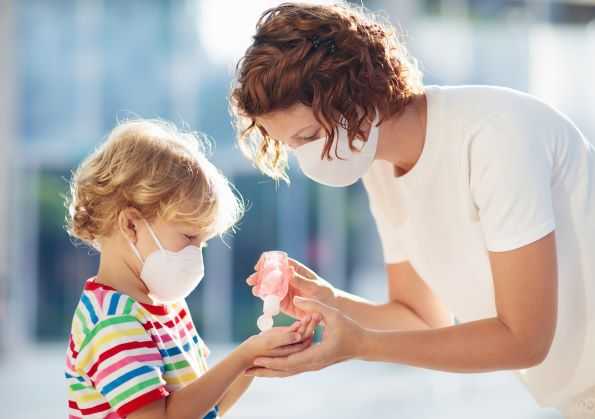There was an interesting article in Tuesday’s New Yorker Magazine, ‘Children of Quarantine: What does a year of isolation and anxiety do to a developing brain?’
The article explored in detail the impact of living in quarantine on young children in the United States. One of the conclusions arrived at was that the impact on children will likely last long after the pandemic is over and our lives return to some sort of normality.
Reading the article brought into sharp focus what our own children here in Antigua and Barbuda have endured, silently in some cases, as they too had their lives dramatically disrupted for reasons which they are not fully able to comprehend.
For several months, national attention has been focused on the economic impact of the pandemic and the toll it has taken especially in relation to employment in the hospitality sector, the decline of government revenues and the severe strain placed on statutory bodies such as the Social Security Scheme.
While it is important that attention be paid to these areas, as a society we must also examine the impact the pandemic has had on our children.
For example, a large percentage of hospitality workers are female and many of these women are single parents. Taking care of their children in the best of times can be an uphill task, but under the conditions created by the pandemic, it has become, in some instances, almost impossible.
Doctors, nutritionists and others in the health and wellness community remind us often of the importance that consuming balanced meals in the formative years has on a child’s development. Research has proven that malnourished children often suffer lifelong learning disabilities.
Given the crisis the world has been plunged into, it is fair to conclude that many children are being denied the nutritious meals critical to their development and future productivity. It is inevitable therefore, that for many of these unfortunate youngsters, there may be a negative developmental outcome down the road.
Apart from nutritional issues, there are other concerns that have been expressed about our children in this COVID-era. The ‘new normal’ is taking its toll on parents, teachers and the students as they adjust to the reality of extensive protocols in school and public places. Parents have had to adjust to shortened school days in a time when they can least afford to be away from work or afford after hours child care services.
Under the new protocols, children are being asked to ‘social distance’ from each other. This comes at a time that is critical to their development of the social skills required to serve them throughout life. Even the practice of singing nursery rhymes, a key learning tool for children, has been curtailed as some believe that this may help to aid the spread of the coronavirus.
Already, at least one case of a child becoming infected has been reported.
Schools have introduced ‘mask breaks’ for children during which they may remove their face covering for a short period, but wearing the mask throughout the day is itself quite a challenge for children as part of learning involves reading and understanding facial expressions. The visual element of oral communication is particularly important for children with hearing disabilities as they must acquire the ability to read lips to increase critical language and comprehension skills.
Another factor which we must consider is the disparity that exists in the country between children with ready access to the internet and internet capable devices and those who do not. This a challenge which the government recognised early in the pandemic and acted quickly to address.
In conclusion, it is pellucid that the difficulties being faced by many families as we all struggle to cope with the pandemic cannot be overstated. The issues are real, the suffering is real and as a society we must be mindful of the need to take care of the most vulnerable among us; our children.
Nothing less will suffice.

